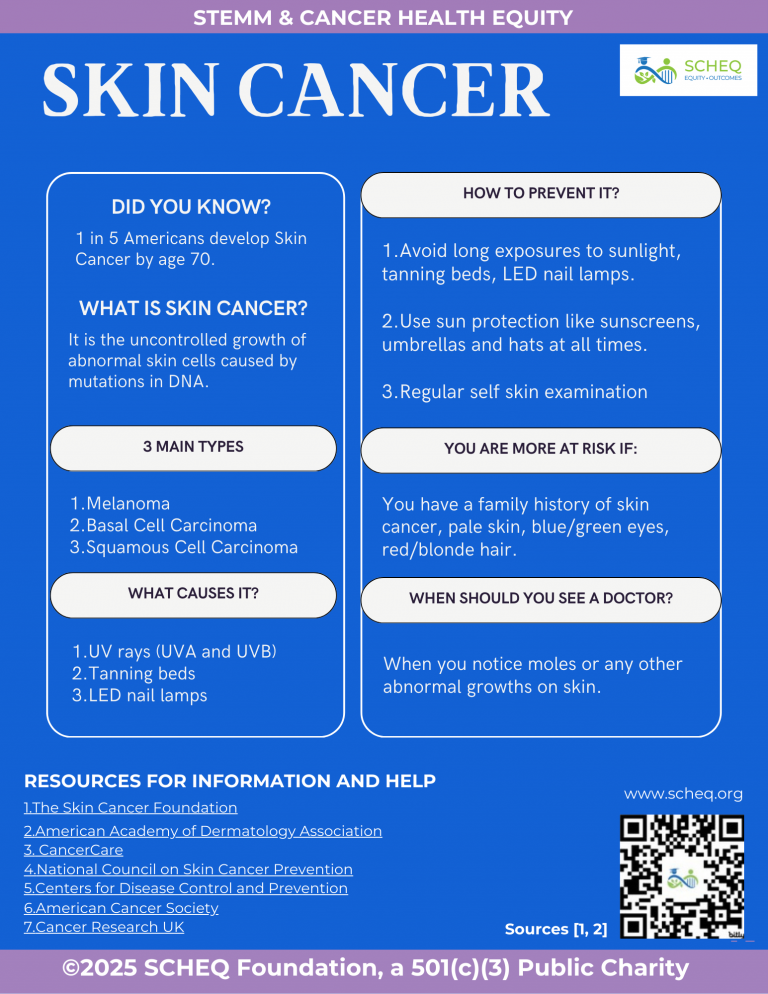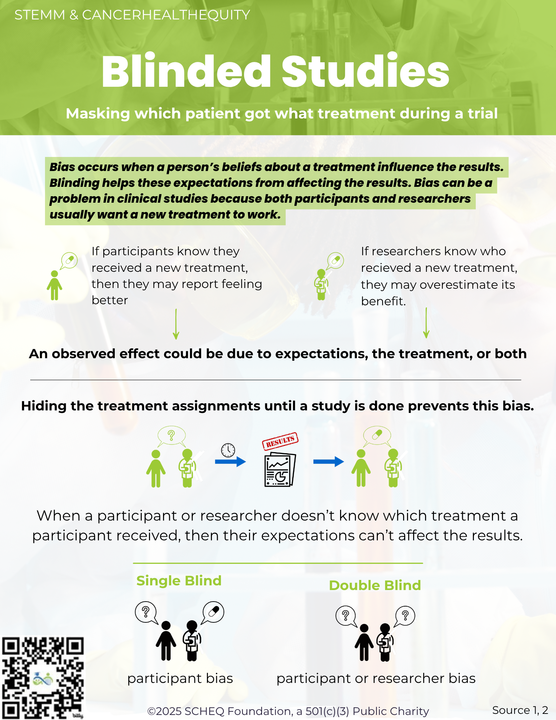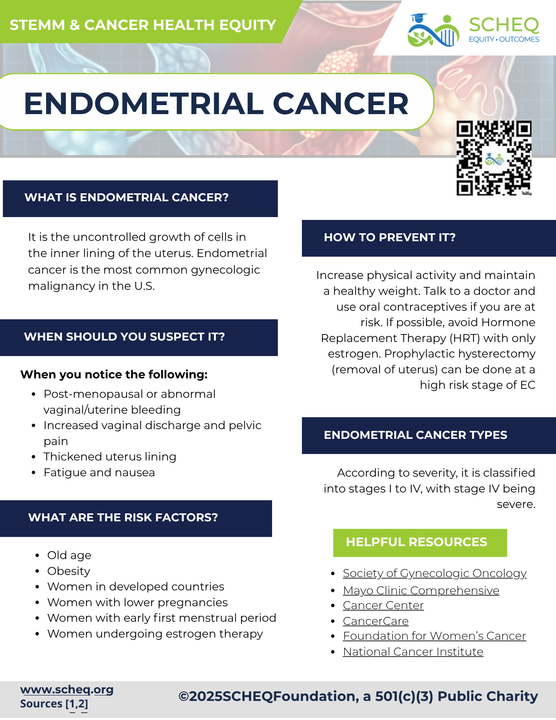The STEMM & Cancer Health Equity (SCHEQ) Foundation participated in the second Health Equity in Clinical Trials Congress, that occurred in Atlanta, GA on May 8-9, 2024 at the Westin Peachtree Street Hotel. This conference focused on increasing diversity in clinical trials by bringing together various stakeholders including pharma and biotech companies, clinical trial service providers, patient advocacy groups, nonprofit organizations, faith-based and community organizations, regulatory organizations, physicians, and research and academic institutions.
SCHEQ Founder and CEO, Eugene Manley, Jr, PhD presented a poster titled “Lack of racial and ethnic diversity in lung cancer cell lines contributes to lung cancer health disparities”. This was from a review article that he co-authored with members of the Florida-California Cancer Research, Education and Engagement (CaRE2) at Florida A&M University (FAMU), the University of Florida (UF) Cancer Center, and the University of Southern California Norris Comprehensive Cancer Center (USC-NCCC). In this work we set out to identify how many lung cancer cell lines are available for research, drug development, and clinical trials from diverse populations. We identified more than 800 cell lines, of which 200 were from White, 390 from Asian, 20 from Black/African American, and 0 from American Indian/Alaskan Native (AI/AN), Hispanic/Latino (H/L), and Native Hawaiian or other Pacific Islander (NHOPI) individuals, respectively. There were 2x as many cell lines from men than women, and 7x times more cell lines from men in the Asian subset. There are 300 cell lines of unknown race/ancestry, thus they could possibly be screened and reclassified. In essence, we found a significant lack of racial, ethnic, and gender diversity across lung cancer cell lines. Since cell lines are often used to develop targets and potential future therapies, this exacerbates the disparities that we see in clinical trials.
There were some additional takeaways from the meeting.
To have effective clinical trials, you need to have sites directly in the communities you are trying to reach. If the comprehensive clinic is not in or near the neighborhood, it is harder to build trust. It is also tantamount that your trial coordinators, trial sites, and companion sites be diverse and reflect the populations you are trying to engage. There also needs to be serious thought about the onerous inclusion and exclusion criteria. Too many people are being excluded that are needed and representative of the populations that will use the therapies.
We also need to have cultural competency and understand the nuance in engaging different communities. It is important to have people on the ground that know these neighborhoods and have similar lived experience. One person indicated that it may be easier to overcome stigma and skepticism about trials if you run general studies that are not directly related to a therapy. If patients can see that this is harmless, they then may actively reach out to ask about specific conditions they or their families are facing.
One person coined a term that makes so much since. Instead of using ROI, return on investment, use ROE, return on engagement. It makes the impact be measured from the lens of those you are trying to reach.
This event was larger than last year’s event in Boston. There are people doing great things across the clinical trial continuum and it was great to see and hear about some of these programs and partnerships.
Eugene Manley, Jr. PhD. Is the Founder and CEO of the SCHEQ Foundation (STEMM & Cancer Health Equity) in New York City. Dr. Manley is a Mechanical Engineer, Biomedical Engineer, and Molecular and Cell Biologist that is dedicated to mentoring, health equity, workforce diversity, training programs, partnerships, and advocating for underserved and marginalized populations.
Please visit our website if you want to learn more about us. If you would like to donate to help us achieve our mission, please click here. If you would like to use another option like stock, wire, or donor advised fund, please contact us. We are a fiscally sponsored organization by the Goodnation Foundation, with EIN number 81-4768488.




